World Economic Forum's India summit
World Economic Forum marks 25 years of ties with India.
-
 A track record of growth has enabled India to demonstrate strong macroeconomic credentials - attributes that helped the country diffuse the shocks of the 2008-2009 global economic crisis. According to a report by the World Economic forum: 'Significant upgrades in physical infrastructure - such as better road and rail systems, smart grids, water supply systems, superior logistics facilities and greater access to high-quality telephone and Internet services - will help lower the costs of doing business and boost India's appeal to foreign investors.' (Photo: NYT)
A track record of growth has enabled India to demonstrate strong macroeconomic credentials - attributes that helped the country diffuse the shocks of the 2008-2009 global economic crisis. According to a report by the World Economic forum: 'Significant upgrades in physical infrastructure - such as better road and rail systems, smart grids, water supply systems, superior logistics facilities and greater access to high-quality telephone and Internet services - will help lower the costs of doing business and boost India's appeal to foreign investors.' (Photo: NYT) -
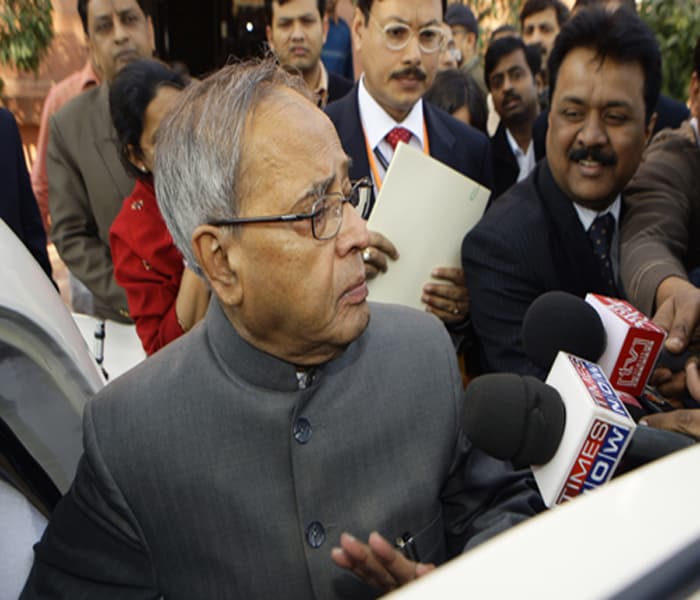 "India can gain considerably by reducing bureaucratic burdens. The country can foster a more streamlined and predictable environment for business by simplifying the bureaucratic experience - for instance, by urging and enabling coordination between the central, state and local governments on approval processes for foreign businesses, both before and after they set up operations in India. Although labour laws have been reformed to some extent, more reforms are needed," the report says. (Source: AP)
"India can gain considerably by reducing bureaucratic burdens. The country can foster a more streamlined and predictable environment for business by simplifying the bureaucratic experience - for instance, by urging and enabling coordination between the central, state and local governments on approval processes for foreign businesses, both before and after they set up operations in India. Although labour laws have been reformed to some extent, more reforms are needed," the report says. (Source: AP) -
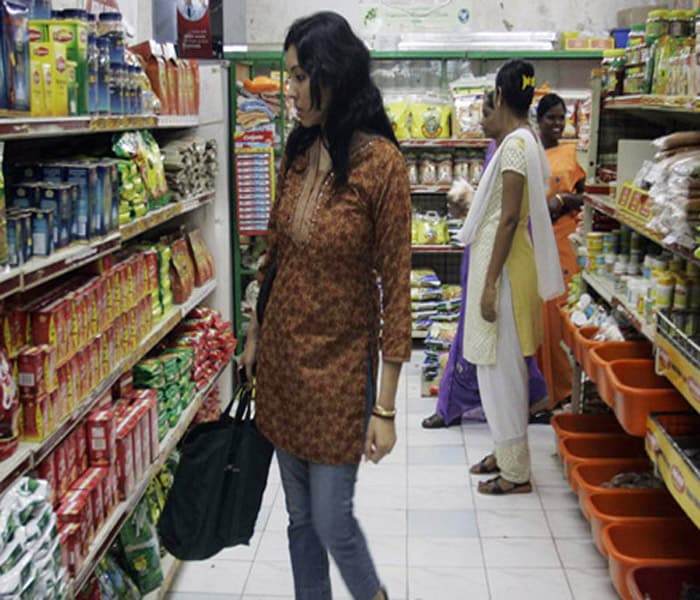 "Home to about 75 per cent of the country's 1.1 billion population, rural India is not just witnessing an increase in its income but also in consumption and production. A report from the Confederation of Indian Industry and Yes Bank expects rural retail markets in India to reach $ 58 billion a year by 2015. Rural consumption (including government spending) is estimated to account for more than 60 per cent of total consumption and has recently grown faster than urban consumption," the report says.(Source: AP)
"Home to about 75 per cent of the country's 1.1 billion population, rural India is not just witnessing an increase in its income but also in consumption and production. A report from the Confederation of Indian Industry and Yes Bank expects rural retail markets in India to reach $ 58 billion a year by 2015. Rural consumption (including government spending) is estimated to account for more than 60 per cent of total consumption and has recently grown faster than urban consumption," the report says.(Source: AP) -
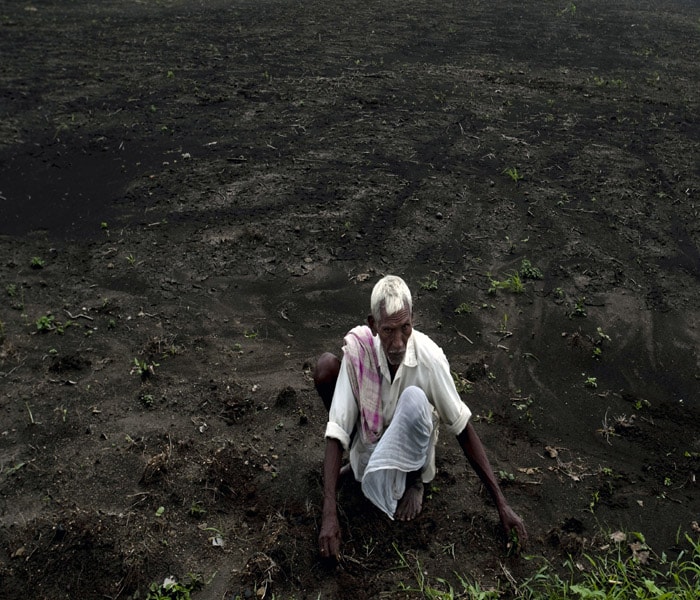 The WEF says: "climate change has already begun to have an impact on agriculture in South Asia – and to affect its citizens’ access to adequate nutrition and health resources. Inadequate and erratic rainfall followed by massive flooding across large parts of the region during 2009 poses serious risks to agricultural production, raising fears of inflation in food prices. South Asia’s poor probably have the most to gain from regional cooperation on climate and resource issues." (Source: NYT)
The WEF says: "climate change has already begun to have an impact on agriculture in South Asia – and to affect its citizens’ access to adequate nutrition and health resources. Inadequate and erratic rainfall followed by massive flooding across large parts of the region during 2009 poses serious risks to agricultural production, raising fears of inflation in food prices. South Asia’s poor probably have the most to gain from regional cooperation on climate and resource issues." (Source: NYT) -
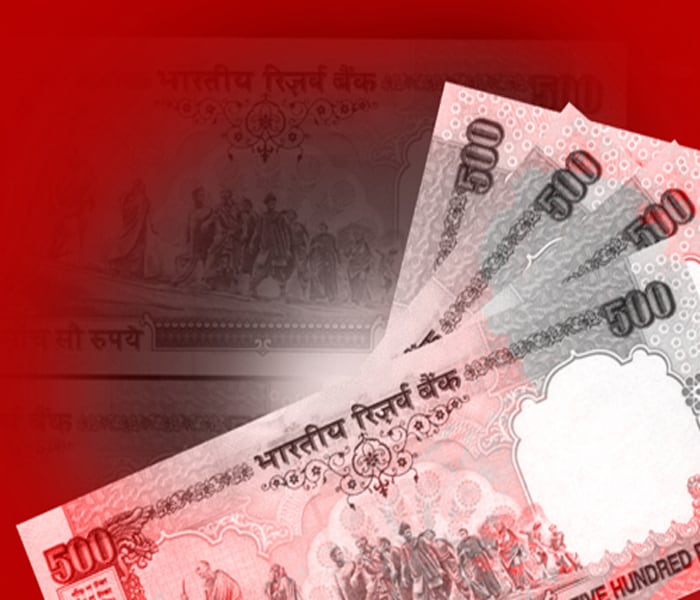 "The other issue of concern is of that transcends India's borders is the state of the public finances. Across the region, high fiscal deficits, which rose further during the global downturn, bring risks of overheating economies and can affect longer-term economic growth rates. Even if its own financial house were in order, India would not be immune to financial dislocations elsewhere in South Asia. South Asia's economies still risk running high fiscal deficits and holding unsustainable levels of public debt," the report states.
"The other issue of concern is of that transcends India's borders is the state of the public finances. Across the region, high fiscal deficits, which rose further during the global downturn, bring risks of overheating economies and can affect longer-term economic growth rates. Even if its own financial house were in order, India would not be immune to financial dislocations elsewhere in South Asia. South Asia's economies still risk running high fiscal deficits and holding unsustainable levels of public debt," the report states. -
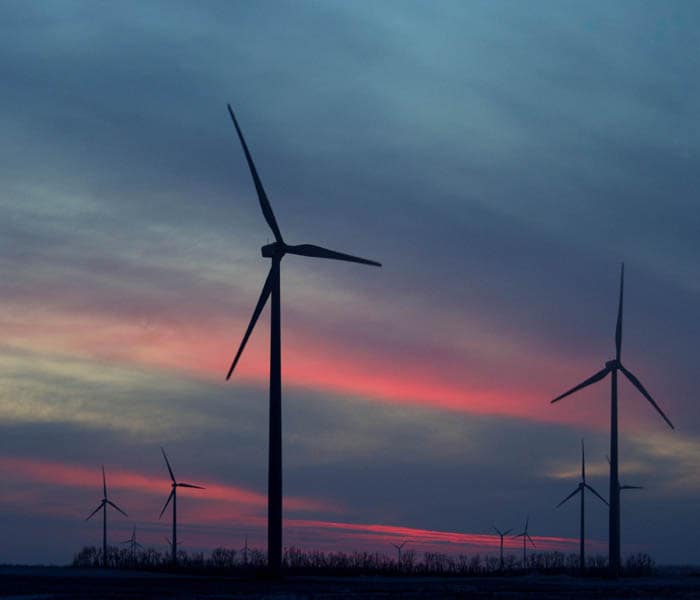 "India has outstanding potential to solve many of its own environmental challenges - and to develop blueprints for "greening" growth that can benefit the rest of the world. The Indian government now has a strategy and action plan on climate change and is clarifying specific objectives on discrete issues such as renewable energy. Indian enterprises such as Suzlon - a global leader in wind turbine technology - are demonstrating that developed countries do not always have the edge when it comes to green industries," the WEF in its report says. (Source: NYT)
"India has outstanding potential to solve many of its own environmental challenges - and to develop blueprints for "greening" growth that can benefit the rest of the world. The Indian government now has a strategy and action plan on climate change and is clarifying specific objectives on discrete issues such as renewable energy. Indian enterprises such as Suzlon - a global leader in wind turbine technology - are demonstrating that developed countries do not always have the edge when it comes to green industries," the WEF in its report says. (Source: NYT) -
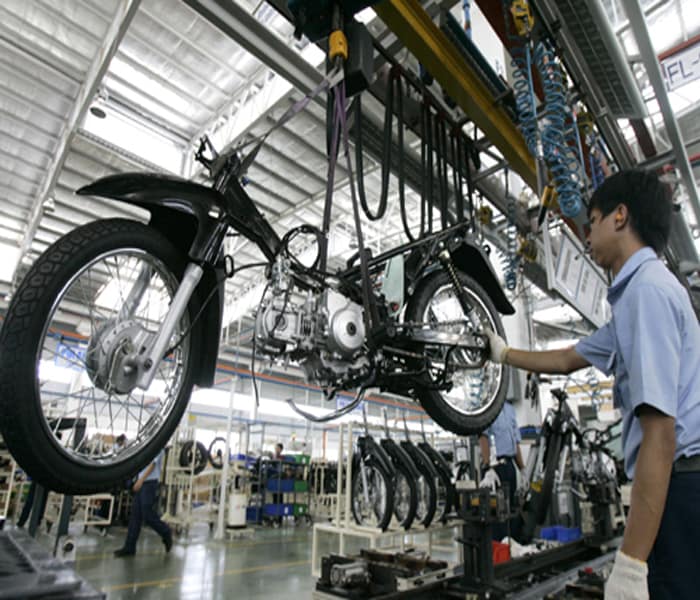 The WEF report also mentioned that India is uniquely equipped to become a hub for all kinds of innovation. Its heritage of strong English language skills and a widely recognized entrepreneurial spirit have created a unique business environment that is very open to global ideas and tightly woven into the global economy, as illustrated by the significant investments of multinationals and exemplified by the IT services industry.(Source: AP)
The WEF report also mentioned that India is uniquely equipped to become a hub for all kinds of innovation. Its heritage of strong English language skills and a widely recognized entrepreneurial spirit have created a unique business environment that is very open to global ideas and tightly woven into the global economy, as illustrated by the significant investments of multinationals and exemplified by the IT services industry.(Source: AP)
Advertisement
Advertisement
Advertisement
